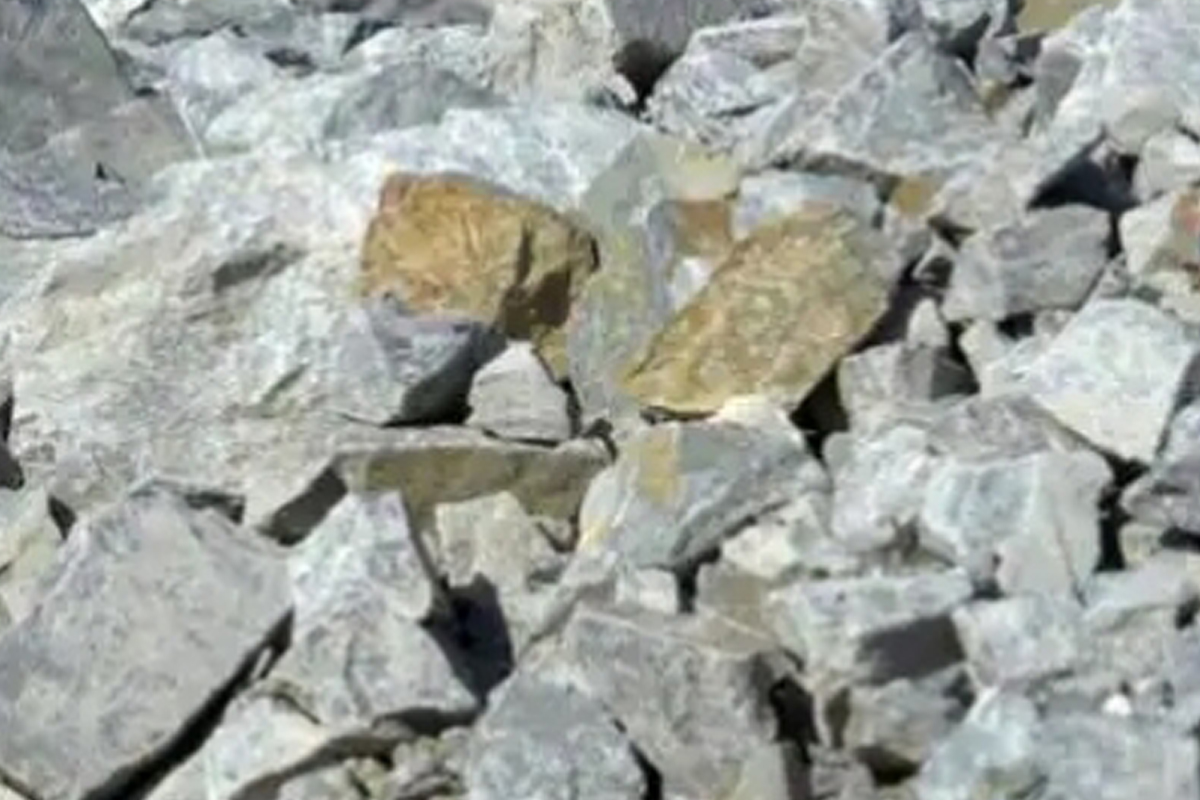In the heart of South America’s desolate landscapes lies a battleground where the forces of progress clash with the guardians of tradition. The story unfolding amidst the arid expanses of Argentina and Chile is one of indigenous communities grappling with the relentless march of lithium mining, a tale of ancient cultures facing off against the juggernaut of modernity. At the centre of this saga are the Kolla people of Argentina and the Atacameño people of Chile, whose lives and livelihoods are intricately intertwined with the fragile ecosystems of their ancestral lands. For generations, these communities have drawn sustenance from the earth, tending to their herds and honouring the spirits of the land with offerings and ceremonies. But now, their way of life hangs in the balance as the insatiable demand for lithium threatens to disrupt the delicate equilibrium of their environment. Lithium, dubbed “white gold,” has emerged as a coveted resource in the fight against climate change, powering the batteries of electric vehicles and storing renewable energy from solar and wind sources.
The surge in demand has turned the spotlight on the lithium-rich salt flats that stretch across the region, igniting a frenzied rush to extract this precious metal from the earth. But the extraction of lithium comes at a steep cost. To access the mineral, mining companies must pump vast quantities of water from the salt flats, draining aquifers and desiccating the surrounding landscape. For communities like those of the Kolla and Atacameño people, whose very existence is tied to the availability of water, the consequences are dire. As rivers run dry and wells run empty, the lifeblood of these communities is siphoned away to fuel the engines of progress. Yet, amidst the upheaval and uncertainty, there is resilience and resistance. From Argentina to Chile, indigenous communities are standing up to defend their ancestral lands and way of life. They are erecting barriers and raising their voices in protest, demanding to be heard in the face of corporate interests and government indifference. The battle for the soul of the lithium triangle is not just about protecting water and preserving ecosystems. It is also a fight to safeguard cultural heritage and indigenous rights.
Advertisement
It is a battle against the forces of exploitation and marginalisation, a struggle for dignity and self-determination. As the world looks to lithium as a solution to the climate crisis, we must not turn a blind eye to the human and environmental toll of its extraction. We must heed the voices of those who are most affected and ensure that their rights are respected, their voices heard. In the end, the story of lithium mining in South America is not just about profits and progress. It is about the choices we make as a society and the values we hold dear. It is about whether we will prioritise short-term gains over long-term sustainability, and whether we will listen to the wisdom of indigenous peoples who have lived in harmony with the land for millennia.









